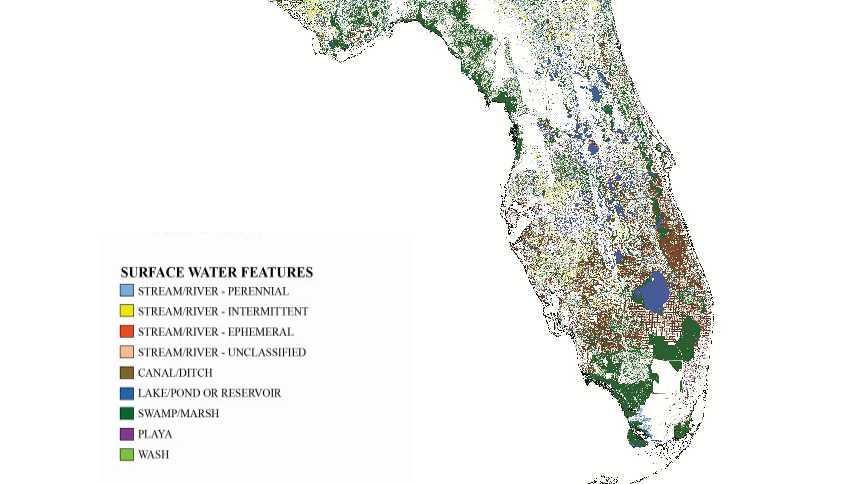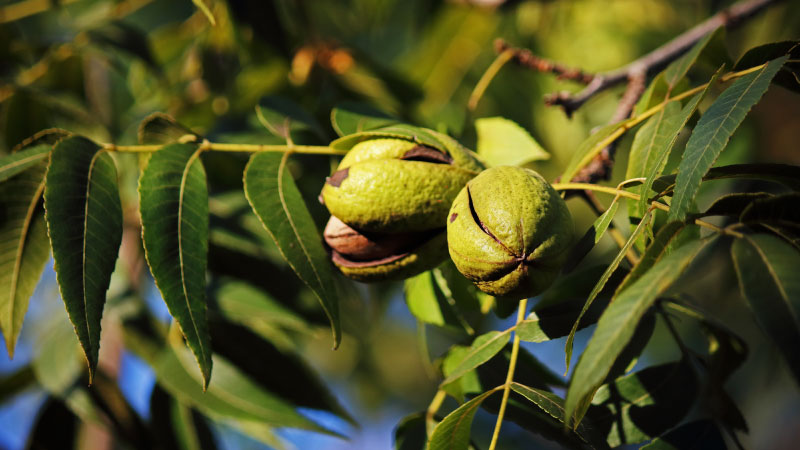Growers Should Partner Wisely To Stay Afloat Amid WOTUS Woes [Opinion]
 If you think the media (myself included) is beating the proverbial dead horse when it comes to water use and regulations, the coming year is going to be a long one.
If you think the media (myself included) is beating the proverbial dead horse when it comes to water use and regulations, the coming year is going to be a long one.
In my last column, I took issue with the potential for federal overreach with EPA’s attempt to redefine what constitutes waters of the United States (WOTUS) under its Clean Water Act (CWA). Some argue the redefined terms would give EPA more regulatory reach into your private property rights. EPA vehemently denies this, saying its purpose is to cut red tape and make it easier for everyone.
I don’t think anyone would argue that Florida faces challenges with its water supply and quality. All too often agriculture gets called out as a guilty party in water woes, and honestly, it is part of the water puzzle we must address.
But, what is missed by many is the strides agriculture has made to reduce water waste and nutrient runoff into WOTUS, as EPA would put it. Florida Grower’s October issue cover story is a great example of growers tackling the challenge in their “local” area. The word local is going to become even more important as the water regulation screws tighten in the coming years.
What growers in the Tri-County Agricultural Area Water Partnership are doing in alliance with local and state agencies can indeed be an example for all, as Bryan Jones stated in the cover story. Growers have worked closely with researchers and regulators to determine ways to reduce water and fertilizer use, while maintaining viable yields and quality in their crops.
And, in this case, regulatory agencies are stepping up to cost-share to help growers with the substantial investments many of these water-conserving practices require. If these practices improve efficiency and productivity while helping to reduce water and fertilizer requirements, the hope is growers can justify adopting them across their farms with water quality benefits to follow. Riverdale Farms has done just that purchasing a second fertilizer banding applicator at their own expense because they realized the input saving benefits of the equipment.
Local problems can be solved best at the local level whether funding is coming from the federal or state level. Federal oversight often is too myopic, which brings me back to WOTUS. EPA has been extremely sensitive about the redefinition and the suggestion it is an attempt to exert more authority over private property.
I decided to look on EPA’s website to see how it describes the CWA. It reads: “The Clean Water Act (CWA) establishes the basic structure for regulating discharges of pollutants into the waters of the United States and regulating quality standards for surface waters.
“Under the CWA, EPA has implemented pollution control programs such as setting wastewater standards for industry. We have also set water quality standards for all contaminants in surface waters. The CWA made it unlawful to discharge any pollutant from a point source into navigable waters, unless a permit was obtained.”
I am no lawyer, but what if a place that was not considered WOTUS before becomes WOTUS under the redefinition? EPA’s own description says the Act’s purpose is to “regulate discharges.” It seems to me that place would then be regulated under the law.
 Finally, above is a map from EPA on how it would define waterways. Looks like about everything south of I-4 could be fair game.
Finally, above is a map from EPA on how it would define waterways. Looks like about everything south of I-4 could be fair game.










